There is breath and heartbeat and sweat in Roberta Schultz’s dynamic collection, Deep Ends. Leave it to a percussionist to create a commanding poetic line: “Open aerobic prayers.” Early in the collection, this line asks for the reader’s participation throughout the entire performance. In these poems woven with water and music, the speaker describes what seems like the sacred secret to drumming: “Breach each silence with a numbered prayer.” And the final poem of the collection is certainly a prayer unto itself. But these are not supplications. These are athletic poems, in the way that the rhythms of water and music are athletic. We are swimming and catching our breath and learning “to survive” among these poem-prayers for reckoning with a woman’s history—known vividly in the way her body knows music. Schultz conducts a full drum circle here—of family, indigenous knowledge, and love for community. She shows expertise with formal poems, including the cento, haibun, sonnet, pantoum, and the title poem inspired by Jericho Brown’s nonce form the duplex. These are poems a reader can dwell in and also hold, the way the heart beats with rattle and stomp and “prehistoric beats.” Schultz shapes standard forms into new vessels for the gene pool her title in part implies. We join her in the “deep end” for glimpses of wisdom, whimsy, pride, and sorrow, reverberating with the speaker’s urge to surface and dive into her life’s creative rhythms over and over.
–Susan O’Dell Underwood, author of Splinter
Roberta Schultz‘s wit in these new poems is funny, down-to-earth, and insightful. Like a light that floats and darts around valleys and hills, she brings a lyrical vision that satisfies with openness, a fresh world view to read and enjoy.
–Phillip Shabazz, author of Flames in the Fire
Roberta Schultz’s full-length collection, Deep Ends, is a rich, cadent journey through family, fear, food, place, past, and future, in which “strange poems rattle.” She depicts members of her family with such great clarity that they seem to stand before us, as in “Documentation,” in which she writes of her grandfather that his “glasses fogged with pride when/my sister & I played ‘Tom Dooley’ after supper.” Schultz also demonstrates humor; in “The Recipe,” she asserts, “We are some sad-ass bad cooks in my family.” Deep Ends shimmers with poignancy as well. On the death of her sister, she feels “feet shuffle slow/over floors peanut shelled in memory of sisters.” And running through the book is music. In fact, Deep Ends swells with song—from “Tlingit Drum,” in which “the drum/opens doors to heartbeats,” to “Drum,” in which “Cadence triumphs over chaos,” reminding us that art has a purpose. As the title implies, this collection encourages us to dive deep and drink from its well of human experience.
–Taunja Thomson, author of Plunge

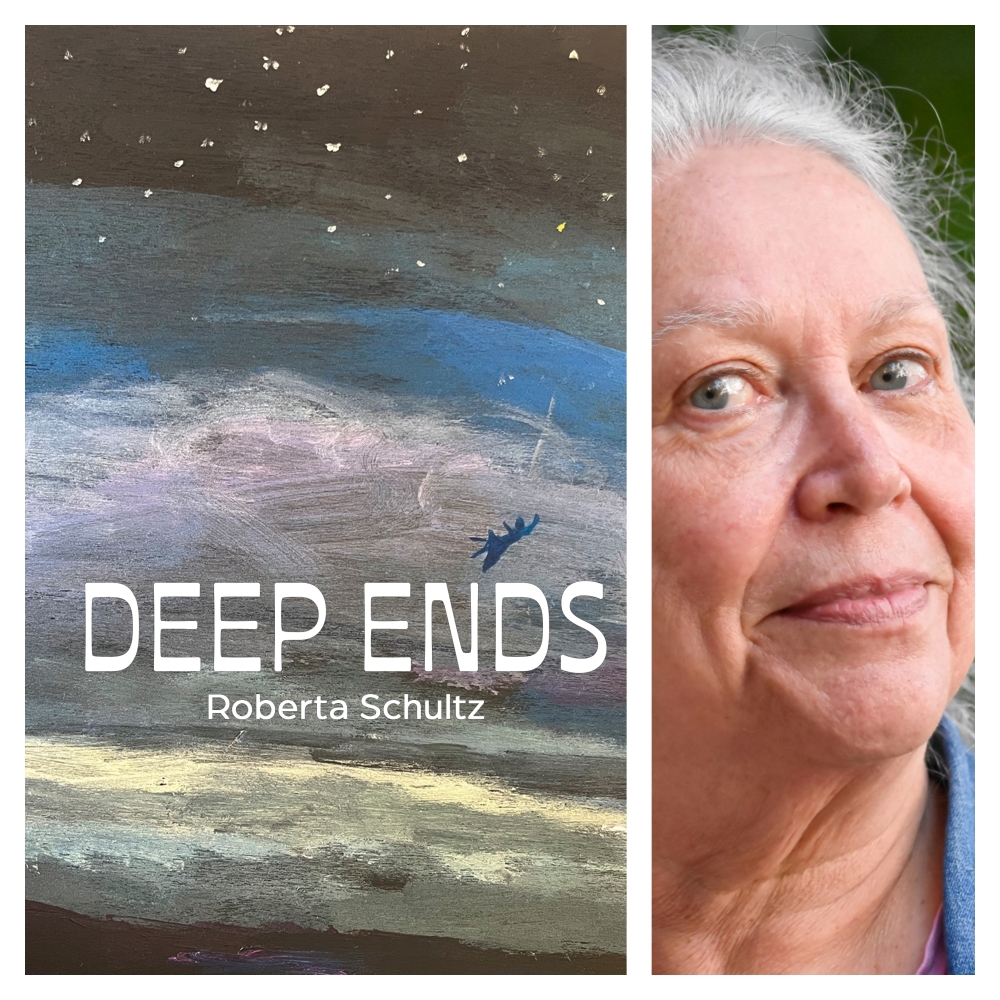
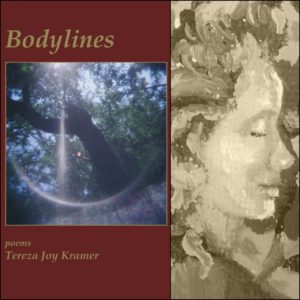
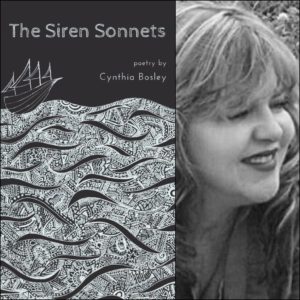
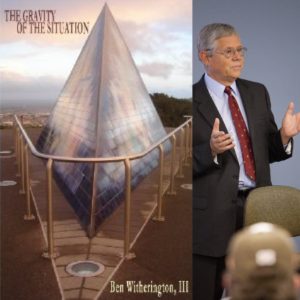
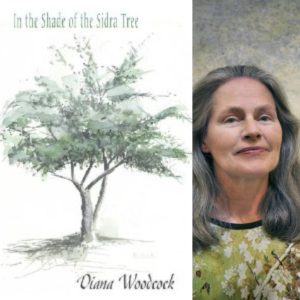
Reviews
There are no reviews yet.